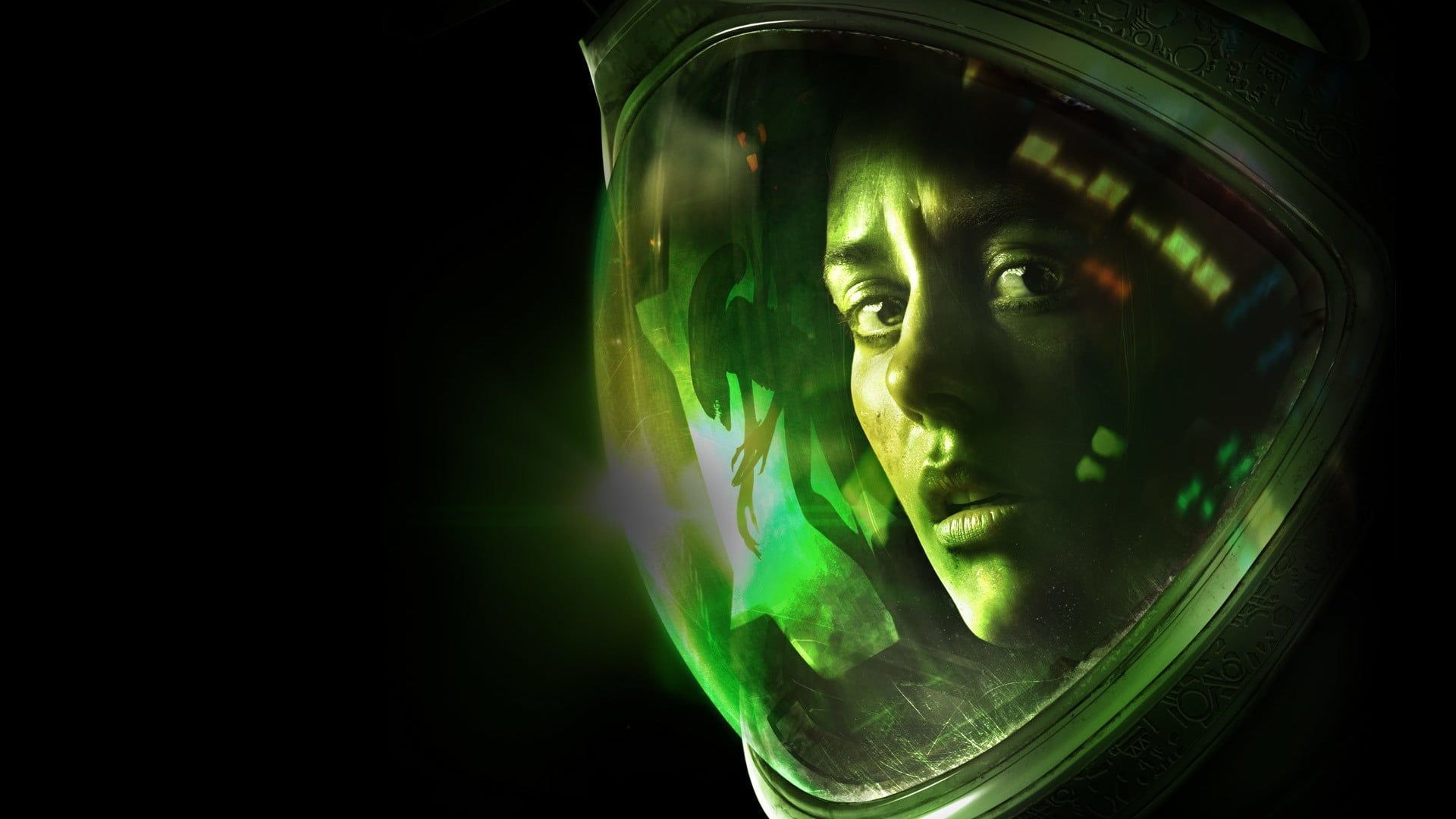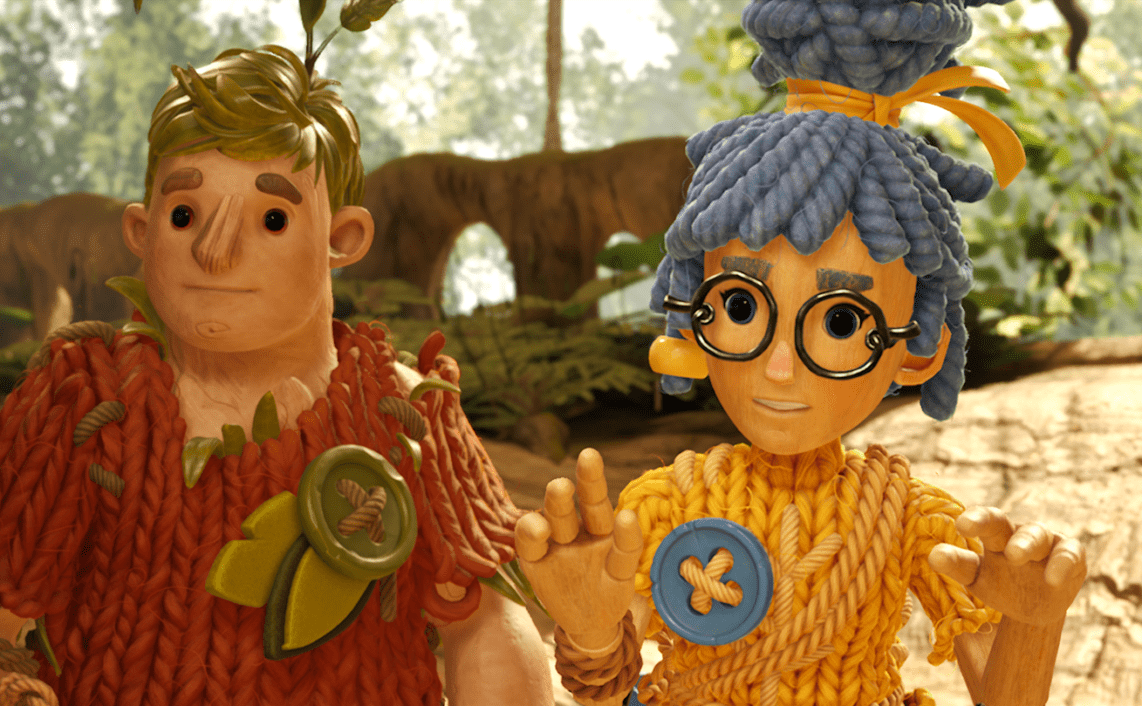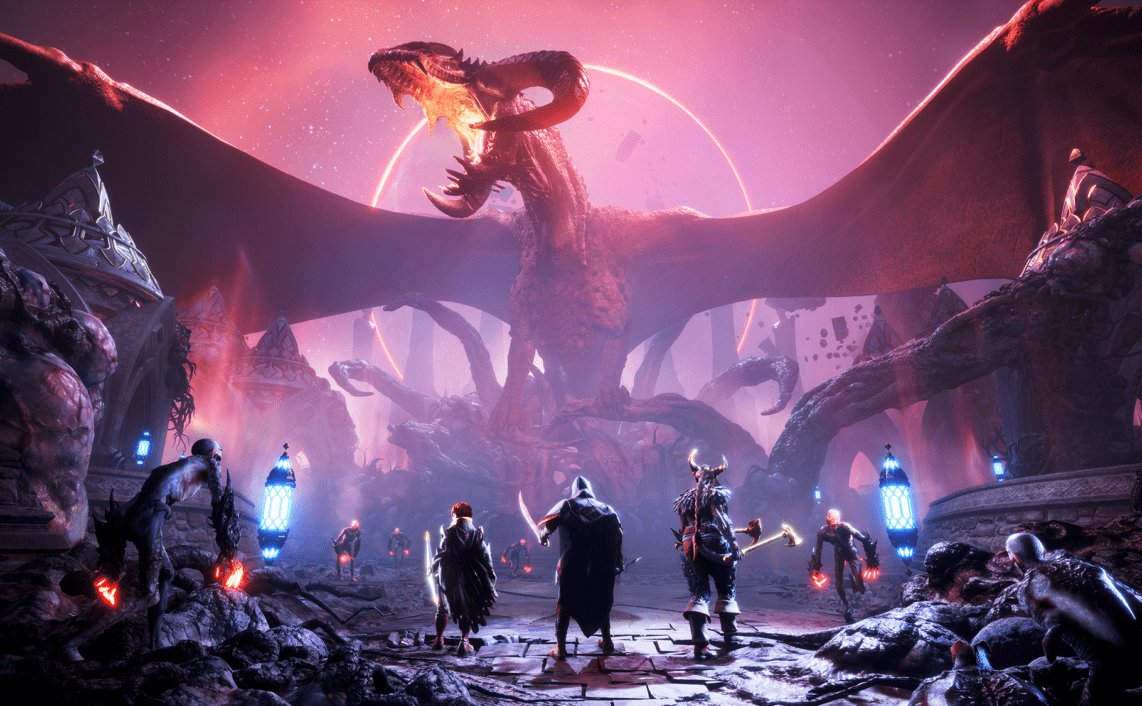Shaky warning lights illuminate the space station Sevastopol in deep reds and bright yellows, hot steam exits hissing vents in the background, ingulfing the space ship’s interior in a surreal haze while, somewhere in the dark, the terrifying sound of the alien hunting you can be heard. It’s the hostile, claustrophobic atmosphere the Alien movies are famouse for and what made the interactive installment of the brand, Alien Isolation, a sci-fi horror hit. But while, in the movies, heroine Ellen Ripley was gifted agency and power over her actions, making her a blueprint for strong female characters in cinema and idol for many, her digital counterpart sadly, was not as lucky.
While Ellen Ripley was gifted agency and power over her actions, making her a blueprint for strong female characters, her digital counterpart was not as lucky.
It seems bewildering for example, that exploration is at the core of the game’s gameplay loop. It makes sense from a conceptional standpoint of an adventure that tries its best to merry metroidvania style elements with action horror. Sadly though, it also forces the main character to sacrifice some of her believability. As one would assume that, her as a crew member – and in contrast to the player, would have fundemental knowladge of the vessel’s layout. And therefore by common sense, rendering the need for exploration and investigation of the events that lead to up to the mess we find ourselves in, a bit pointless. It’s a simple mistake in the game’s exposition, immediately making the fourth wall brittle and causing a painful disconnect between the player and it’s digital counterpart.
Also, and perhaps even more telling, it immediately foreshadows that the main character has no say over the story the developers want to tell. Within the first couple of minutes it gets downgraded to a neatly rendered polygon shell, that brings little more to the party than a few well written lines of voice acting. Every decision we make and turn we take suffers from there being either no other sensible options, or all of them making no noteworthy difference. In consequence the heroine feels like a henchman on rails, denied the chance to invoke the feeling that only she can save the day with her wits, courage and creative problemsolving.
This lack of agency gets even more apparent when we try to save our progress. Either because we just cannot take the brilliantly crafted scare machine that Alien Isolation is anymore, or because dinner is ready. Whatever the reason, chances are you will be stuck in the Sevastopol’s corridors for another while, in desperate search for a computer terminal that let’s you save your progress. If you are unlucky, you are left with the uncomfortable choice of abandoning the Sevastopol, having to re-do every step since the last save, or to allow your meal to go cold. In a game, where encountering the alien ends deadly more often than not, it’s a shame that these points of safety are scattered around the space ship in a less predictable way than they should be. It’s a design choice meant to promote immersion and add weight to the steps we take, but instead ignores the fact that it can feel frustrating and patronizing at times, encouraging a safety-first approach that stands in opposition to the game’s exploratoin formula.
The heroine feels like a henchman on rails, denied the chance to invoke the feeling that only she can save the day with her wits and courage.
This not only jeopardises the game’s risk-reward mechanic, that suffers dramatically from the ever present fear of yet another surprising death-by-alien. Hidden clues, gadgets and intersting story bits could indeed work as a source of motivation to the player to search every last bit of the struggling space vessel. As it is however, the menace of a setback of sometimes hours of progress, is stronger than the lust for a 100% achievement badge. It also buys back in to the false fantasy of our heroine being the self-sufficient character we remember from the movies, whos biggest asset against the alien was her capability to use her knowladge of her surroundings and creative problem solving to her benefit.
Same goes for the arsenal of more or less useful weapons the game has in stock for you throughout this journey of trial and death. If your enemy is as fit as this alien, the player needs to be gifted some kind of escape mechanic to counter frustration. THE alien, by the way, is the star of this nightmare in space. The sounds and irratic movements it makes during its hunt, the way it learns about the player’s favorite hiding spots – seriously, do not trust the same vent twice – and its mere mercilessness make it feel as organic and scary as in the movies – truely incorporating the narrative of not being safe at any second.
It’s like handing a calculator to the math teacher. Convenient for sure, but we would have rather seen it given to an overwhelmed first grader.
It’s a thankful acknowladgement of it’s deadliness then, that players are granted access to the (far to powerful) flamethrower, allowing them to scare away the cold-blooded hunter with only a few well aimed sparks of fire. Why this handheld scare machine is given to players as late as the middlegame, having made it rather far into the belly of the Sevastopol and thus having allready worked out the most important do’s and dont’s of the hide and seek game, is baffling. It’s like handing a calculator to the math teacher. Convenient for sure, but we would have rather seen it given to an overwhelmed first grader.
All in all then, it’s a sum of unfortunate decisions in exposition and mechanics, that make Alien Isolation a game, that is more about struggling with its design choices, than with the fight for survival. It’s a shame that, despite great potential, these unintentional obstacles in it’s gameplay loop not only promote frustration and make exploration less attractive than it should be in a setting as rich in lore as this one. But it also limits the freedom in problem solving and overall agency of its heroine to a point, where sadly, there is no chance for her to live up to the don’t-mess-with-me-aura Ellen Ripley was able to emit in her version of the tale.




